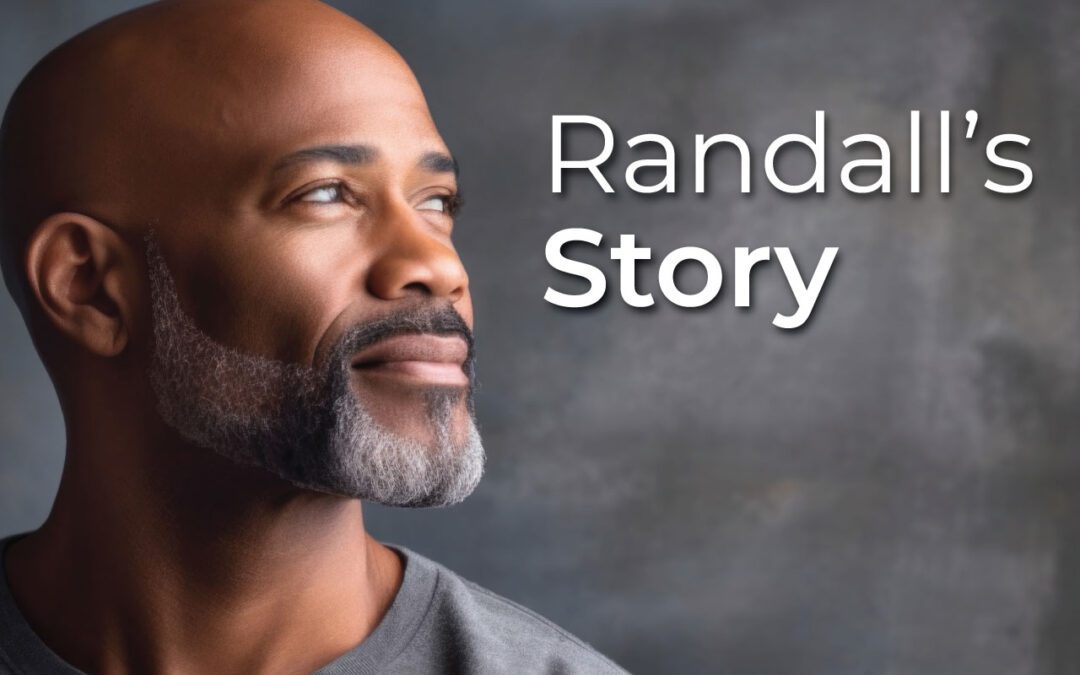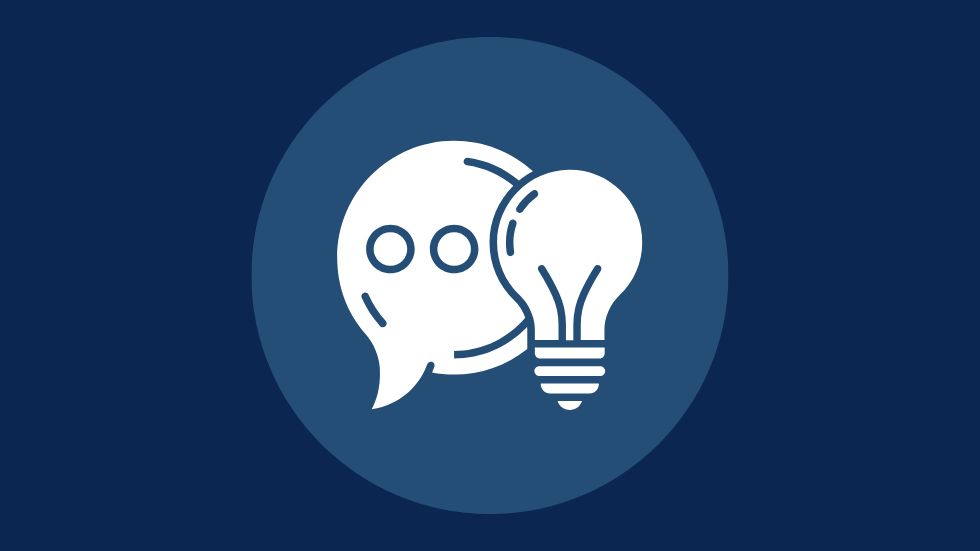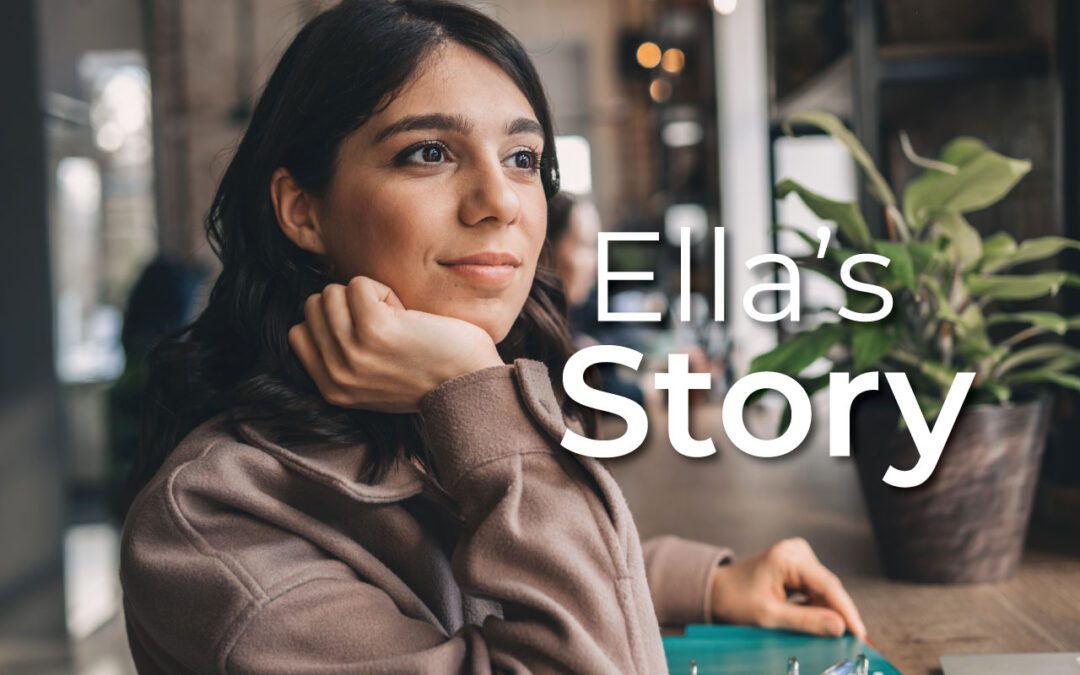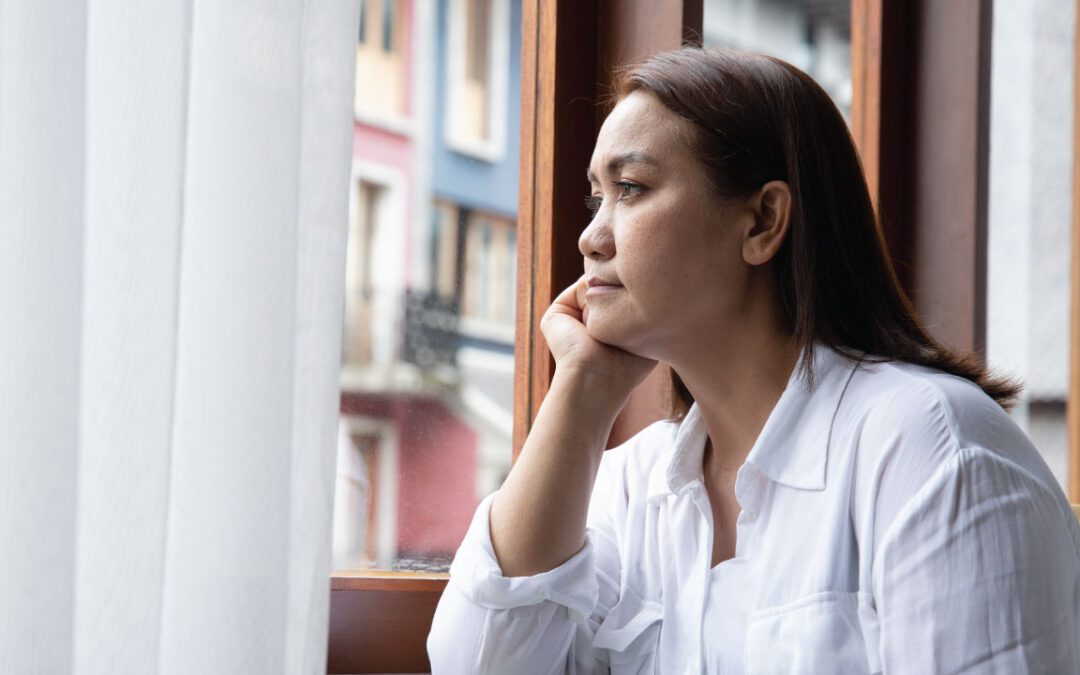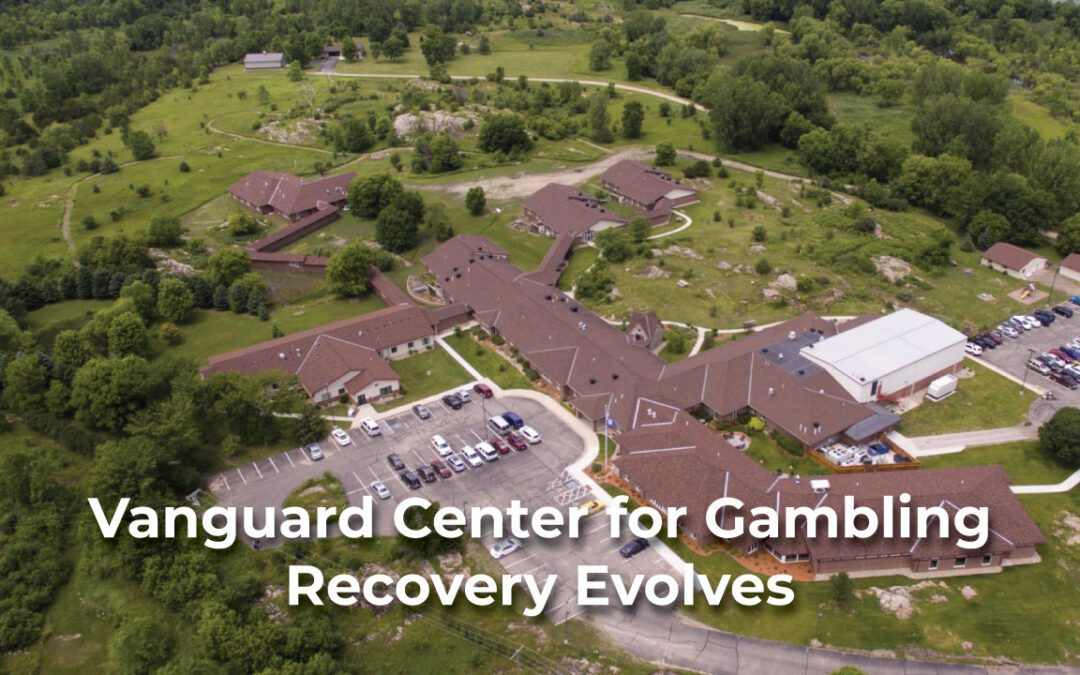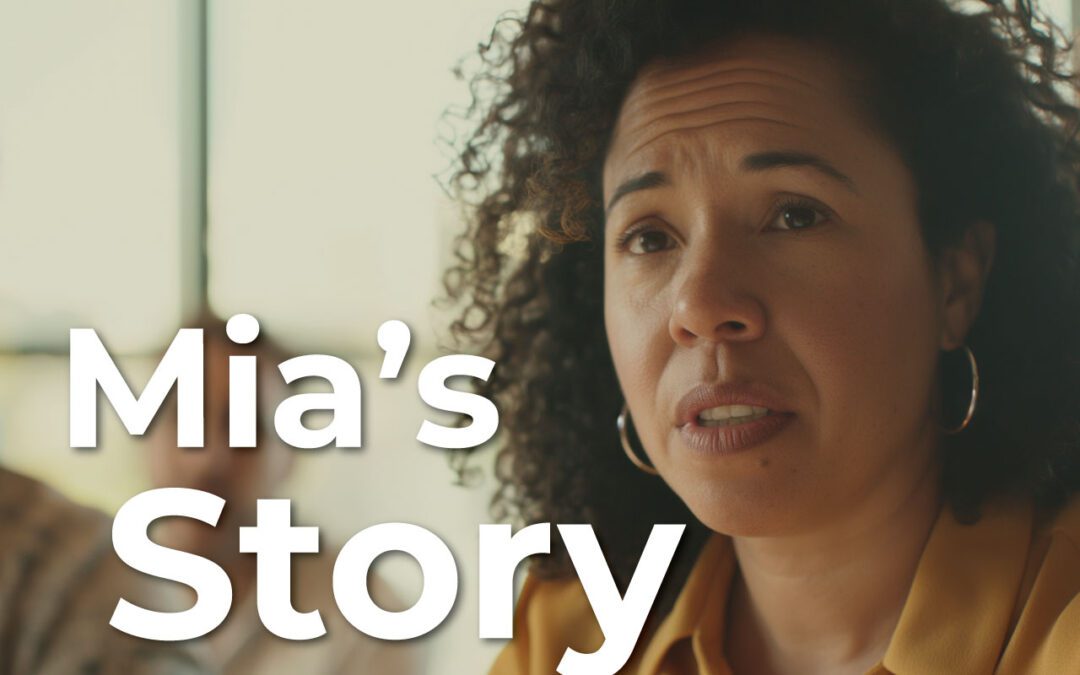
Dec 17, 2025 | HELP, PROBLEM GAMBLING, RECOVERY, STORIES
I’m 42 years old, and I never thought gambling would take over my life the way it did. Growing up, I played lotto tickets occasionally, but it was harmless, nothing more than a little game. I could walk away without a second thought. Gambling didn’t become a real problem until about 10 years ago, and even then it wasn’t because I suddenly developed a taste for it. It was because of a medication.
I was diagnosed with bipolar disorder and put on a drug called Latuda. At the time, I didn’t know that one of its rare side effects was compulsive gambling. It’s right there in the warnings, but no one ever told me. Looking back, it feels like a switch flipped in my brain. All of a sudden, I couldn’t stop.
Poker and electronic machines became my games of choice. Omaha, Hold ’Em, slots and electronic pulltabs, which were a real curse for me. I could be up thousands of dollars, but by midnight it was gone. Friends and family would urge me to cash out, but I couldn’t.
The first time I realized I was addicted to gambling was in 2016. But I didn’t talk to a therapist about it until years later. By then, gambling had already destroyed so much of my life. It pushed me into doing things I never imagined myself capable of. I borrowed money I couldn’t repay, stole from people I loved and even stole credit card information from a friend on her deathbed.
My addiction led me to commit aggravated armed robbery. I was preparing to go to treatment at Project Turnabout, waiting for medical records to clear, and in the middle of that chaos I made a bad decision. I got caught and went to prison for 33 months. I asked the judge to send me to treatment instead, but he wouldn’t.
There are no real gambling programs in the prison system, and I struggled in there. Gambling is everywhere—sports bets, high-stakes spades games, etc.—with considerable money moving through canteen accounts. The system hides it from the outside world, but it’s real. I even talked with a chaplain about starting a GA group inside the prison. He told me, “If you can find a volunteer, we’ll do it.” But no one ever stepped up.
Since getting out, I’ve been working with a counselor through Club Recovery. I’ve had stretches of abstinence—four months clean at one point—but I’ve struggled too. I even put Gamban on my phone to block gambling apps, but then I bought a new phone so I could gamble again. That’s how strong the pull can be. But I’ve realized I can’t be a hypocrite. If I want to help others, I have to stay clean myself.
I’m starting a new Gamblers Anonymous group in Little Falls. Zoom meetings didn’t work for me—they didn’t feel personal enough. I wanted a place where people could sit down face-to-face, look each other in the eye and admit what’s really going on. There’s an epidemic of gambling up there. People buy pulltabs by the box, yet most don’t think of gambling as a real addiction.
That’s bullshit. I know firsthand how destructive it is.
Starting the GA group wasn’t easy. I had to call GA International, get a starter kit, work with the library to secure space, put flyers up in hospitals, bars, even in the local paper and radio. But it matters. These programs hold me accountable, and hopefully they’ll give others the same chance.
I’ve thought about suicide from time to time. But one day, a driver told me about his best friend who killed himself because of gambling. Hearing that cracked me open. I teared up in the car and knew it was time for me to step up—for myself, for others and for my family.
Thanks to gambling, I’ve lost a lot—money, relationships, trust. Some of those losses I’ll never get back. But I’m trying to move forward. I want to bring GA into prisons. I want to write a blog about addiction and suicide. I want to make sure others know they’re not alone, and that gambling addiction is every bit as real and dangerous as alcohol or drugs.
I can’t change the past, but I can use it. If sharing my story helps one person stop before they lose everything, then it’s worth it.

Nov 26, 2025 | RECOVERY
Read the original post on the BASIS here.
By Tiange (Patrick) Xu, PhD
Editor’s note: This op-ed was prepared by Dr. Tiange (Patrick) Xu, a Postdoctoral Researcher at the International Gaming Institute, University of Nevada, Las Vegas (UNLV), specializing in problem gambling research. He earned his Ph.D. in Hospitality Administration from the William F. Harrah College of Hospitality at UNLV in 2025. His research portfolio encompasses systematic reviews, empirical studies on problem gambling, and policy-relevant investigations. He has received funding from the Nevada Council on Problem Gambling and the International Center for Responsible Gaming. His work has been published in journals such as the Journal of Behavioral Addictions, Addictive Behaviors, and Journal of Gambling Studies, and he currently serves as Associate Editor for the UNLV Gaming Research & Review Journal. This op-ed is part of our Special Series on Addiction and Technology, which was funded by a research and consulting contract with DraftKings.
 Throughout 2021, rags-to-riches cryptocurrency stories dominated my social media feeds as Bitcoin climbed higher and higher. Everyone seemed to be getting rich while I sat on the sidelines. By November, when Bitcoin reached what was then its all-time high of $68,000, the fear of missing out became unbearable. I kept thinking about that programmer who spent 10,000 Bitcoins on two pizzas back in 2010, a purchase now worth over $1 billion. I didn’t want to be the person who looked back with regret. So I decided to enter the market and purchased Bitcoin for the first time.
Throughout 2021, rags-to-riches cryptocurrency stories dominated my social media feeds as Bitcoin climbed higher and higher. Everyone seemed to be getting rich while I sat on the sidelines. By November, when Bitcoin reached what was then its all-time high of $68,000, the fear of missing out became unbearable. I kept thinking about that programmer who spent 10,000 Bitcoins on two pizzas back in 2010, a purchase now worth over $1 billion. I didn’t want to be the person who looked back with regret. So I decided to enter the market and purchased Bitcoin for the first time.
I bought at the peak. Within two months, Bitcoin plunged below $40,000 and nearly half my investment vanished. The rational choice would have been to cut my losses, but instead I told myself I wasn’t a day trader chasing quick profits. I was a long-term investor who just needed patience. The crypto community had a term for this strategy: HODL, or hold on for dear life. I convinced myself that’s all I needed to do.
That’s when something unexpected started happening. I began checking the price obsessively, every morning over coffee, during lunch breaks, before bed, at 2 AM when I couldn’t sleep. My heart would race with each price notification. I wasn’t trading anything, just holding, but I had become completely consumed by watching those numbers change.
As a problem gambling researcher, I suddenly saw my own behavior through a different lens. I was experiencing the classic hallmarks of addiction: obsessive monitoring, emotional highs and lows tied to outcomes beyond my control, and the inability to stop despite knowing it had become unhealthy. I wasn’t gambling in the traditional sense, but the psychological experience was identical.
This recognition made me look more carefully at the cryptocurrency landscape around me. I began to see how the elements combined to encourage addictive engagement: markets operating around the clock with no closing bell, extreme volatility generating constant excitement, and a community culture that glorifies risk-taking behavior. I realized I needed to study this phenomenon systematically. My own experience had made me wonder whether this represented a public health blind spot: a large population engaging in potentially harmful behavior with no established framework for recognizing or addressing the risks.
But where to start? Given the psychological parallels between crypto trading and gambling, I decided to examine whether people drawn to cryptocurrency also struggle with gambling problems. I surveyed 700 cryptocurrency traders using the Problem Gambling Severity Index (PGSI), a validated screening tool for assessing gambling-related harm. The results were striking. Only one-third showed no signs of gambling problems. Another third were at risk, and the final third met criteria for problematic gambling. Two-thirds of cryptocurrency traders in my study were experiencing gambling-related harm at some level. This wasn’t a small vulnerable subset but the majority.
But I encountered a challenge in interpreting these findings. The screening tool I used was designed to assess problems with traditional gambling activities like slot machines. When participants answered questions like, “Have you felt that you might have a problem with gambling?” I couldn’t know whether they were thinking only about casino visits or whether some also included their cryptocurrency trading. Someone obsessively checking crypto prices at 2 AM might answer “yes” because they view their trading as gambling, while another person doing the exact same behavior might answer “no” because they see themselves as an investor. This ambiguity meant I couldn’t determine what I was actually measuring: traditional gambling problems among crypto traders, problematic trading behaviors that participants experience as gambling, or some combination of both.
This measurement challenge reflects a broader issue: our research frameworks haven’t kept pace with technologies that blur established categories. Cryptocurrency trading shares the psychological features of gambling but exists somewhere between gambling and investing, and our screening tools weren’t built for this ambiguous territory. Addressing this gap likely requires measuring these behaviors separately. When using traditional gambling screens like the PGSI, researchers could explicitly instruct participants not to include cryptocurrency trading in their responses. We also need screening instruments designed specifically for cryptocurrency trading. With both tools, we could then determine whether problematic trading and gambling are distinct issues that sometimes overlap, or whether they’re different expressions of the same underlying vulnerability.
My own Bitcoin still sits in my wallet today, a reminder of how easily harmful patterns can develop around cryptocurrency and how much work remains in understanding these risks.

Sep 5, 2025 | PROBLEM GAMBLING, RECOVERY
I’ll never forget the day my manager called me into his office. “I have something to tell you,” he said. “There’s something I need to get off my chest. I have a problem … I owe a lot of money.”
I had a sense he gambled. He had a VIP parking spot at a casino and often talked about the free gifts and fancy dinners they gave him. I figured he went a lot—but I had no idea how deep it really went.
I was shocked to learn it was a gambling addiction. He’s very faith-based, and his father was a minister. I just didn’t expect it.
His disclosure stirred up a lot of emotions. At first, I was kind of mad. Why was he telling me this? Why put me in this position? I felt like I shouldn’t even know. And because part of his job involved overseeing money, I worried—was my paycheck at risk?
Then my thinking shifted: How do I support him without enabling him? And since he was my boss, how do I even navigate that? I felt torn between what was best for me, for him—he was also my friend—and for our employer.
I remember when we were planning a team-building event and he suggested having it take place at a casino. I told him I wasn’t comfortable with that. That wasn’t easy to do, but it felt good to hold that boundary.
Still, I cared about him and wanted to help. I knew I was in over my head, and that he needed more than I could offer. Luckily, I knew someone who had been through addiction recovery himself. He’d always been honest with me about his experience.
My manager was open to meeting him. So the two of us, along with his daughter, met him for coffee. He shared what recovery looked like—offering hope but also reminding him that he had work to do.
Looking back, I realize how powerful it is when people open up and share. My manager’s honesty—and my friend’s willingness to tell his story—really showed me that.
I’m happy to say he’s doing well now. He’s in counseling, attending meetings and has put other safeguards in place.
I’ve learned a lot from this experience. Recovery takes a village—you can’t do it alone, and you can’t be someone’s only support. You can help connect them to resources, but ultimately it’s their road to walk. You didn’t break them, and you can’t fix them.
Boundaries matter. Be kind but firm. And don’t judge. Behind every issue—addiction, depression, narcissism—there’s a deeper wound. The behavior is just a symptom.
In the end, compassion is everything. No one’s perfect. But recovery is real—and it’s a great place to be.

Jun 18, 2025 | PROBLEM GAMBLING, RECOVERY, STORIES
I was seven the first time I gambled. We were visiting my grandmother, and the older ladies in her building taught me how to play rummy—for nickels. We played for six hours, and by the end of the night, I’d taken all their money. I remember asking my parents the next day when I could gamble with them again.
There was a lot happening at home around that time. My sister’s teenage pregnancy caused constant tension and uncertainty. Playing cards with my grandmother gave me a break from the chaos.
When I turned 18, I went to the local casino with friends and my dad. I blew through my paycheck in minutes. My dad handed me $50 for my birthday so I could keep playing. I ended up winning some money back. That was cool.
Later, after dropping out of college because I felt homesick and unsure of what I wanted, I became a blackjack dealer. I discovered a benefit for employees—you could cash your paycheck for free at the casino. On payday, I’d often stick around until I either lost everything or doubled my money.
Poker was growing in popularity then, and I got good at it. I played tournaments around the Midwest and would often stay and play more poker or blackjack afterward.
Not long after, I began experiencing serious depression. Doctors gave me different diagnoses, and I was eventually labeled bipolar. I went through intensive rehab for depression.
I got married and moved to Minneapolis, but we didn’t stay long. We returned to rural life, and I got another job at a casino. About a year into the marriage, my husband relapsed after drug treatment. I flushed his drugs down the toilet, and he tried to choke me. A coworker helped me pack up and leave.
I kept working at the casino, but my mental health didn’t improve. Looking back, I can see how gambling highs lifted me way up, and losses sank me just as hard. I attempted suicide multiple times.
After years in and out of treatment, I finally stopped going to casinos. I met my current husband and went several years without the compulsion to gamble. I could even go to a casino with friends or my husband and be responsible.
A year into our marriage, I had my first daughter. I struggled with postpartum depression and soon realized that being a stay-at-home mom wasn’t for me—I needed more social interaction. I started going to the casino in the evenings, just to get out of the house.
Eventually, I took a job as a program coordinator for a home health company. I was working 60 to 70 hours a week, often leaving before my daughter woke up and coming home after she was asleep.
A year later, I got pregnant again. My son was born with a heart condition and passed away a week after birth. That sent me into a tailspin. I didn’t want to go back to work. I went on extended medical leave and returned to therapy.
After my sessions, I’d often go to the casino. That’s when my husband first voiced concern. He asked me to talk to my therapist about it—but I didn’t.
I got another job and became pregnant again. Despite everything, I still found reasons to go to the casino. I opened a separate bank account so my husband couldn’t see how much I was spending—or losing. He started to worry about our finances.
About three years ago, I lied to my husband so I could spend the day gambling. I stayed at the casino for 14 hours, lost everything in our accounts and maxed out all of our credit cards, including the ones he didn’t know about. That night, I realized this was more than depression. I remembered hearing the term “compulsive gambling” when I worked at casinos but had never imagined it applied to me. I even called the 800 number posted on the casino door—but hung up when someone finally answered.
A few weeks later, my husband found a W-2G form showing gambling winnings I hadn’t told him about. He started asking more questions about our finances. I still didn’t tell him I had drained our 401(k) or spent $29,000 worth of insurance checks we got for roof repairs as gambling money. I thought I could double it. I didn’t.
I kept losing. Then one night, before heading out, I wrote my husband a letter telling him everything. I left it on the counter with our credit cards and checking info. I told him I’d understand if he didn’t want to try anymore.
He read the letter after putting our kids to bed. He called me and told me to come home so we could talk. It was the longest night of my life. I felt like the worst person in the world.
That Sunday, I went to my first GA meeting. We researched treatment options and found the Vanguard Center for Gambling Recovery 30 miles away. I called them the next day and signed up.
I completed a 30-day inpatient program. It was the hardest and best thing I’ve ever done—especially being away from my kids with only limited contact.
Since then, I haven’t gambled. I attend two to three GA meetings a week and stay connected with others in recovery. I even went to the first international GA conference since COVID. I’ve found peace among people who understand what I’ve been through.
Now, life is boring—and that’s a good thing. Boring means peace, stability, and being present for my family.

Jun 18, 2025 | RECOVERY, RESOURCES
After more than 30 years, the Vanguard Center for Gambling Recovery in Granite Falls,
Minnesota’s only residential program for problem gambling and one of only a handful of such programs in the nation, continues to grow and involve. Northern Light sat down with Steph Almanza, unit coordinator for Vanguard Center for Gambling Recovery, to learn more about how the program is evolving to help gamblers and their affected others.
NL: What is the approach you employ when treating problem gamblers?
SA: At Project Turnabout, a holistic approach to gambling recovery is at the core of our programming. Gary Van Eps leads individuals through a foundational 12-step group that explores each step in depth. This group setting encourages participants to examine their experiences with powerlessness related to gambling, while also addressing ego, character flaws and the role of spirituality in their recovery journey. Spiritual support is further provided through dedicated sessions on grief, loss and spirituality by Chaplain Robert Skjegstad. Additionally, recreational therapy is offered daily as a structured part of the healing process, helping clients rediscover joy and build healthy coping strategies.
Our program is rooted in cognitive behavioral therapy (CBT), which has a strong evidence base for addressing both substance and behavioral addictions, including gambling. A core component of CBT involves identifying and restructuring cognitive distortions and negative automatic thoughts, unhelpful patterns of thinking that often reinforce gambling behavior, minimize consequences and drive emotional distress. Through this approach, clients gain the insight and tools needed to respond differently to emotional triggers, rather than reverting to gambling as a coping mechanism.
NL: What role does shame play in diagnosis and treatment?
SA: We spend a lot of time exploring shame, as it can be a significant barrier to healing. Many clients experience shame not just for their actions, but as a reflection of who they believe they are. Without addressing shame, it can become a hidden driver of relapse. By teaching the difference between guilt and shame, and encouraging clients to develop self-compassion, we support a more sustainable and forgiving path toward change.
As part of this process, clients also learn when and how to apply coping skills, shifting from reactive patterns to more intentional behaviors. We help them build emotional regulation skills that are applicable both inside and outside of treatment.
NL: What else do you focus on?
SA: We also focus heavily on communication and boundaries. These skills are essential for long-term recovery and for repairing the relational harm that often accompanies gambling addiction. Clients explore past patterns of people-pleasing, avoidance, dishonesty or conflict, and learn to set healthy boundaries with themselves and others. These relational tools not only support accountability but also reduce the likelihood of returning to toxic dynamics that may trigger relapse.
NL: How do you incorporate family into the treatment process?
SA: We provide dedicated family sessions, as gambling rarely impacts the individual alone. Loved ones are often affected by broken trust, financial loss and emotional trauma. Family work helps reestablish communication, set healthy expectations and create a supportive post-treatment environment—one where both the individual and their support system can continue to heal together.
NL: What else is on the horizon for Vanguard?
SA: Recognizing the lack of resources in rural areas, Project Turnabout has established Growth Group, a monthly alumni meeting held on the third Saturday of each month. This group invites former clients—who are at least six months post-treatment—to return, share progress, discuss challenges and offer peer support to current participants. This continuity fosters a strong sense of community and ongoing accountability.
NL: What kind of practical emphasis is provided to clients?
SA: In addition to emotional and spiritual care, the program places a strong emphasis on mental health and practical life skills. Clients receive weekly one-on-one therapy sessions and can consult with a psychiatrist for medication management, if needed. Financial education is also a vital part of the curriculum, covering budgeting, debt management and connection to relevant community resources.
The program also integrates practical tools to aid in relapse prevention. One such tool is Gamban, an online self-exclusion service for individuals seeking to block access to gambling websites. For those looking to exclude themselves from physical gambling establishments, staff provide hands-on support to navigate this often-complex process. This includes assistance with completing self-exclusion forms, gathering required identification, securing notarization and submitting documents by mail. Clients are also guided through the additional step of contacting casinos to stop promotional mailers, emails and other marketing communications—all common relapse triggers.
Together, these services create a comprehensive, compassionate framework to support lasting recovery from gambling addiction.
Vanguard Center for Gambling Recovery is a residential program solely for those suffering from problem gambling. The Center provides men and women aged 18 and older with the tools necessary to begin their process to recovery from gambling and discover some of the obstacles in their lives that may challenge long-term recovery. For more information, visit https://www.projectturnabout.org/treatment/gambling-recovery/vanguard.

Mar 4, 2025 | PROBLEM GAMBLING, RECOVERY, STORIES
As I look back on the last several years, I can see times when my husband’s behavior was odd, when things didn’t seem quite right. At the time, however, I thought it was just him having a love for sports and it was his hobby.
But after I received a call from a detective in 2023 telling me about things that my husband had done, my world was turned upside down.
I have been with my husband for 14 years. I knew that he was into sports gambling since his college days but hadn’t thought much about it.
Three years ago, he had a significant win with one of the sports gambling accounts. I said, “Great! Let’s take this win and move on so it doesn’t become a problem” From that point on, I always tried to have conversations about the list of things we could do and which ones to prioritize. But he didn’t want to make concrete plans, always saying something like, “Yea, yea … we can talk about it later.”
About a year later, a friend of mine said she wanted to talk with me. She informed me that my husband had another big win, which he hadn’t told me about. My husband’s family also informed me that he’d borrowed money from them. This was the start of when things started to fall apart.
Trips to the mailbox became traumatic as late bill notices became common. Our power was shut off from not paying the electric bill. My husband’s mother started getting calls from debt collectors. I didn’t understand all of this, as I assumed we had all this money going back to his big win.
Several months after that, I received the call from the detective that changed my life. He told me my husband had committed some illegal acts over the last year. I was shocked. I could’ve never imagined my husband going to such extreme lengths such as stealing private information to obtain money.
The next half year was filled with uncertainty. While we waited to see what legal charges might be coming and the implications, my husband kept getting new jobs — and kept getting fired. Somehow, people kept finding out and news would spread to his new employers. We were in survival mode, not knowing what our future looked like.
During this time, my husband started going to Gamblers Anonymous meetings while I started attending Gam-Anon. Gam-Anon became my rock through all of the uncertainty. It’s taught me that you have to take one day at a time and that you can only control what you can control.
Charges finally came. My husband was convicted of six felony charges, including identify theft and business theft. He was sentenced to nine months in jail and five years’ probation. He ended up being eligible for electronic monitoring instead of jail time, still our lives have been forever changed.
Almost as bad as the charges were how we were treated at the hearings. My biggest fear was that everyone in our small community would find out. Many showed up at the hearings, and I remember how upsetting it was when someone laughed out loud when “gambling addiction” was mentioned.
The emotional impact of this has been immense. I was devastated and kept it to myself for almost five months, only telling a few people I could trust. I remember crying in the bathroom between the classes that I taught. It breaks my heart that my husband will never be able to practice in his field again.
While my trust in him has been very slow to come back, I’m optimistic about the future. I’m able to handle things better. I set boundaries, control finances and always know where my husband is.
For those reading this who have been affected by someone with a gambling problem, I would say this: When you’re in the thick of it and scared, know that things will eventually get better, and take advantage of the resources that are available, the best being sharing your story and hearing others stories. There is hope.
Page 1 of 612345...»Last »
